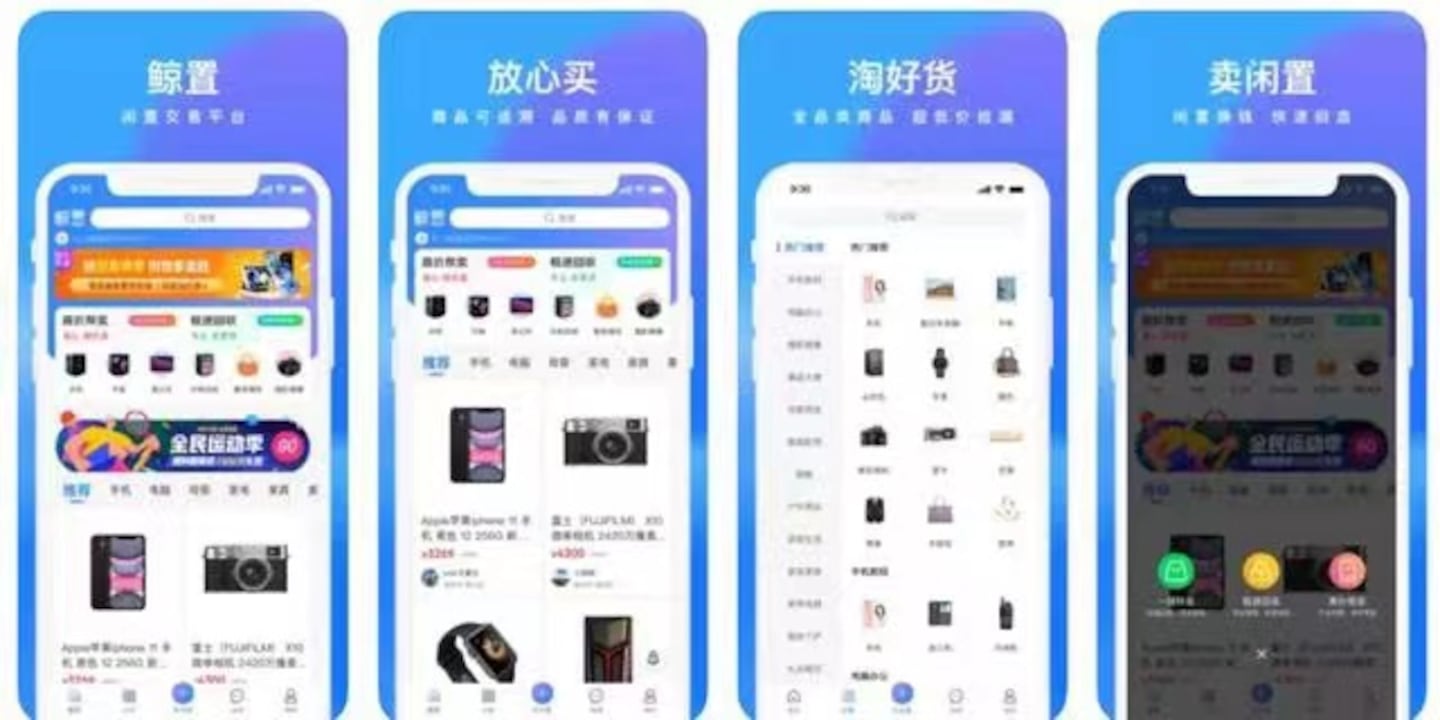
The Business of Fashion
Agenda-setting intelligence, analysis and advice for the global fashion community.

Agenda-setting intelligence, analysis and advice for the global fashion community.

The Chinese e-commerce giant has launched Jing Zhi, a new resale platform app.
Sellers can use the platform to host second-hand products and pay a 6 percent commission to Jing Zhi, or sell their used goods directly to JD.com’s AiHuiShou second-hand division.
Currently, products on the new platform skew heavily towards electronics, but there is a small range of luxury, fashion and beauty products available.
Earlier this year, Chinese Investment Bank Shenwan Hongyuan released a report estimating that China’s total 2020 resale market exceeded 1 trillion yuan ($154.78 billion), with the e-commerce resale market reaching 374.55 billion yuan ($57.97 billion).
ADVERTISEMENT
The latter market is currently dominated by Alibaba’s Xian Yu, along with Tencent and 58.com’s Zhuan Zhuan, these two JD.com rivals combined currently have a 90.9 percent share of the e-commerce resale market.
According to Alibaba’s fourth quarter earnings report, released in May, Xian Yu’s gross merchandising volume (GMV) exceeded 200 billion yuan ($30.95 billion) for the period, up 100 percent year-on-year, with 30 million daily active users.
Learn more:
China Luxury Resale Report Shows Louis Vuitton, Gucci Lead Searches
Chinese consumers are most enthusiastic about mega brands such as Louis Vuitton, Gucci, Chanel, Christian Dior and Hermès, according to consumer data insights released by one of China’s major luxury resale platforms, Plum.
With consumers tightening their belts in China, the battle between global fast fashion brands and local high street giants has intensified.
Investors are bracing for a steep slowdown in luxury sales when luxury companies report their first quarter results, reflecting lacklustre Chinese demand.
The French beauty giant’s two latest deals are part of a wider M&A push by global players to capture a larger slice of the China market, targeting buzzy high-end brands that offer products with distinctive Chinese elements.
Post-Covid spend by US tourists in Europe has surged past 2019 levels. Chinese travellers, by contrast, have largely favoured domestic and regional destinations like Hong Kong, Singapore and Japan.